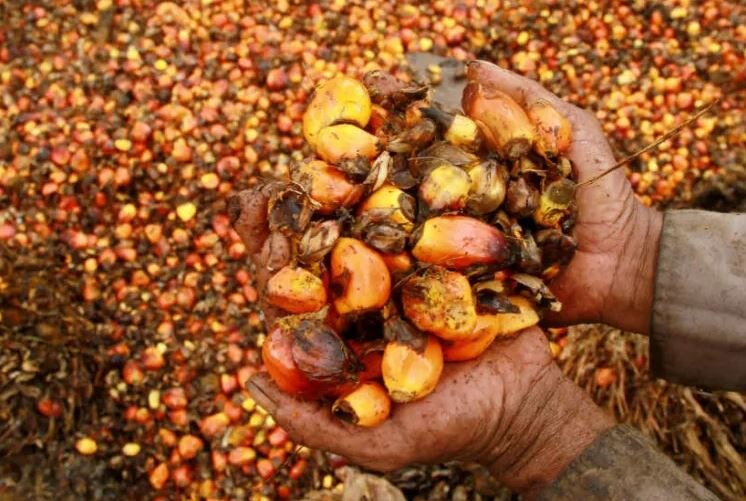The export regulations for palm oil in Indonesia will be tightened as of January 1, allowing for fewer shipments abroad for every tonne sold locally. This change is being made in an effort to ensure that there is an adequate supply of palm oil inside the country.
According to a new law that was examined by Reuters news agency and verified by an industry official, exporters would only be permitted to ship six times their domestic sales volume rather than the existing ratio of eight times. This is a reduction from the present ratio of eight times.
On Friday, a senior official at the Coordinating Ministry for Maritime and Investment Affairs named Septian Hario Setio said that the goal of the government’s actions was “to ensure local supplies, particularly for the first quarter of 2023.”
Seto said that the ratio will be reassessed on a quarterly basis taking into account the domestic circumstances, which would take into account the availability and cost of cooking oil.
In response to rising worries over the unpredictability of pricing for cooking oils, Indonesia implemented export restrictions on palm oil products early this year.
A temporary prohibition on exports of edible oil from Indonesia rattled the markets and made the already existing worries about global supply worse, but it also led to a rising inventory in the local market.
In its present iteration, Indonesia’s so-called domestic market requirement (DMO) mandates that companies, in order to get export licences, must first sell a certain percentage of their products inside the country.
During a meeting with the government the week prior, the Secretary General of the Indonesian Palm Oil Association (GAPKI), Eddy Martono, stated that there were still concerns regarding the supply of cooking oil. These concerns are related to the government’s biodiesel programme as well as the anticipation of a lower output of palm oil in the first quarter. Starting on February 1st, Indonesia is going to raise the obligatory palm oil component to 35 percent from the current 30 percent.
Eddy said that the world’s most populous Muslim nation would also observe Ramadan in March 2023. This is the time of year when there is an increase in demand for food, particularly cooking oil.
Eddy suggested that the new export ratio should be reassessed on a frequent basis in the near term, despite the fact that enterprises would comply with the requirement.

